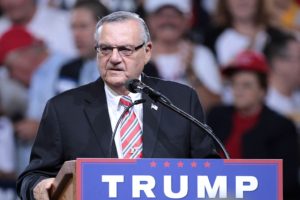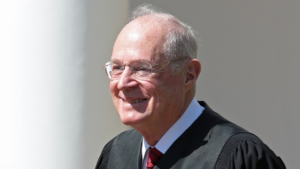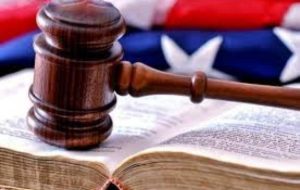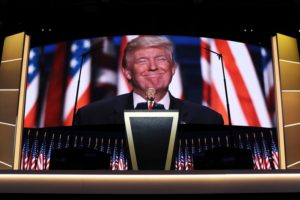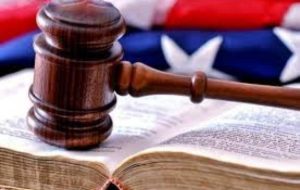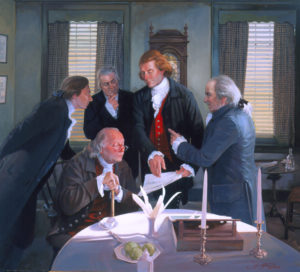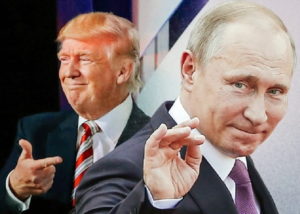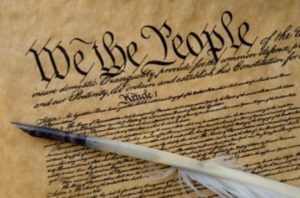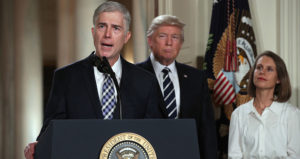Donald John Trump Sr. offered a titillating morsel for those among his political base to chew on.
He spoke Tuesday at a campaign rally in Phoenix and said former Maricopa Sheriff Joe Arpaio is “going to be just fine.” The implication is that Trump might issue a presidential pardon for “Sheriff Joe.”
Arpaio has been convicted of ignoring a court order that demanded he stop conducting an “immigration roundup” that sought to locate illegal immigrants sneaking into the United States.
I hope the president forgoes a pardon for Arpaio. A friend of mine who happens to be a former prosecutor in Amarillo said this regarding a potential pardon for the fiery former sheriff:
“A pardon for a criminal conviction is supposed to take into account some equitable or humanitarian reason to remove the conviction. A pardon for someone who knowingly violated a federal court order and is being held in contempt is in my view worse. It sends a message that the judiciary is not to be honored. A dangerous precedent, and a slap in the face to the alleged sheriff’s victims.”
Amen to that.
Then again, the president has demonstrated already a penchant for dishonoring the judiciary … such as when he questioned whether a federal judge could adjudicate a case involving Trump University “because he’s a Mexican”; the judge, by the way, was born in Indiana to Mexican-American parents. Or when he referred to a “so-called judge” who struck down Trump’s ban on Muslims entering the United States.
Trump said Arpaio was convicted of “doing his job.” The crowd in Phoenix roared.
Actually, Mr. President, “Sheriff Joe” was convicted of ignoring what a judge told him to do. We are, after all, a nation of laws.
Isn’t that right?
